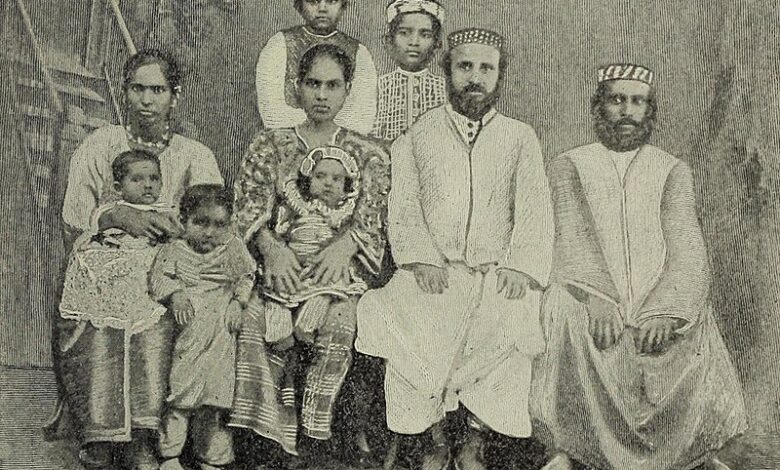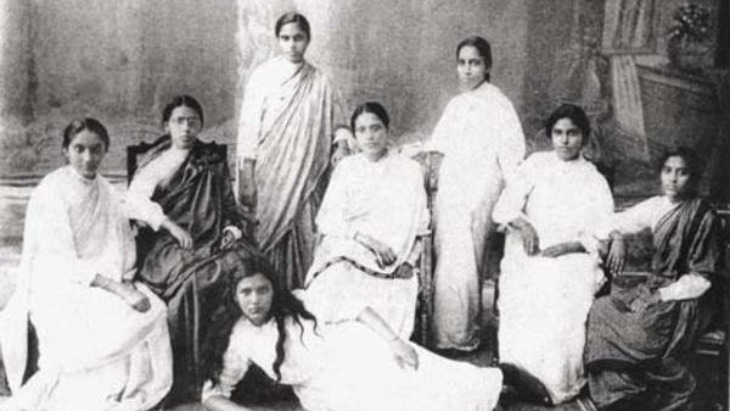The Journey of India’s Jewish Community: From Homeland to Holy Land

By Agnibeena Ghosh
The Indian subcontinent, a melting pot of diverse cultures and communities, has been a sanctuary for various groups who sought refuge within its borders. Among these communities are the Jews, whose roots in India span over two millennia, weaving a tale of cultural amalgamation and harmonious coexistence. Unlike many parts of the world, India has stood as a unique haven where the Jewish population never had to face the dark shadow of anti-Semitism.
The history of the Jewish community in India is a testament to the country’s inclusivity and acceptance. For 2000 years, Indian Jews found not just a home, but an identity they cherished. Scholars have marveled at the harmonious cohabitation, noting India as a sanctuary where Jewish traditions flourished without fear.
However, the post-colonial era brought significant changes. India gained independence in 1947, and in 1948, the state of Israel was declared. This pivotal moment ushered in a new chapter in the history of the Indian Jews. With Israel’s establishment as a nation, a profound call resonated across the Indian Jewish community, echoing from the holy land. This call prompted a mass migration, a journey that was deeply rooted in religious sentiments, economic aspirations, and the winds of change brought by India’s newfound freedom.
For many, the idea of returning to their religious homeland was irresistible. The prospect of reuniting with their roots, coupled with the fervor of religious calling, led numerous Indian Jews to make the arduous journey to Israel. Others, driven by economic ambitions, saw Israel as a land of opportunities, a place where they could build prosperous lives for themselves and their families. Simultaneously, the departure of the British colonial rulers left a void in India, prompting some to seek new horizons in the newly established state of Israel.
The migration of the Indian Jewish community profoundly impacted the dynamics of India-Israel relations. It was not just the Jews who had made India their home but also those who left for Israel with fond memories and deep affection for their motherland. This emotional connection continued to bind the hearts of the Indian Jewish diaspora, fostering enduring ties between the two nations.

India-Israel relations, post-1948, became a tapestry woven with shared histories and mutual respect. The Indian Jews who had found solace in India for centuries brought with them a wealth of cultural exchange, enriching the social fabric of Israel. Simultaneously, their departure marked a poignant moment in India’s history, reminding the nation of the diverse tapestry of cultures that had found a home within its borders.
In Israel, the Indian Jewish community thrived, preserving their unique traditions while embracing the vibrant Israeli way of life. Their presence became a testament to the power of cultural fusion, illustrating how two communities, although separated by geographical distances, could find common ground and celebrate their shared heritage.
The journey of the Indian Jewish community from the shores of India to the lands of Israel exemplifies resilience, faith, and the enduring spirit of human connection. It is a story of a community that traversed boundaries, both physical and metaphorical, in search of a place to call home. Their legacy serves as a bridge between two nations, reminding the world of the strength that lies in embracing diversity and fostering understanding among different cultures.






